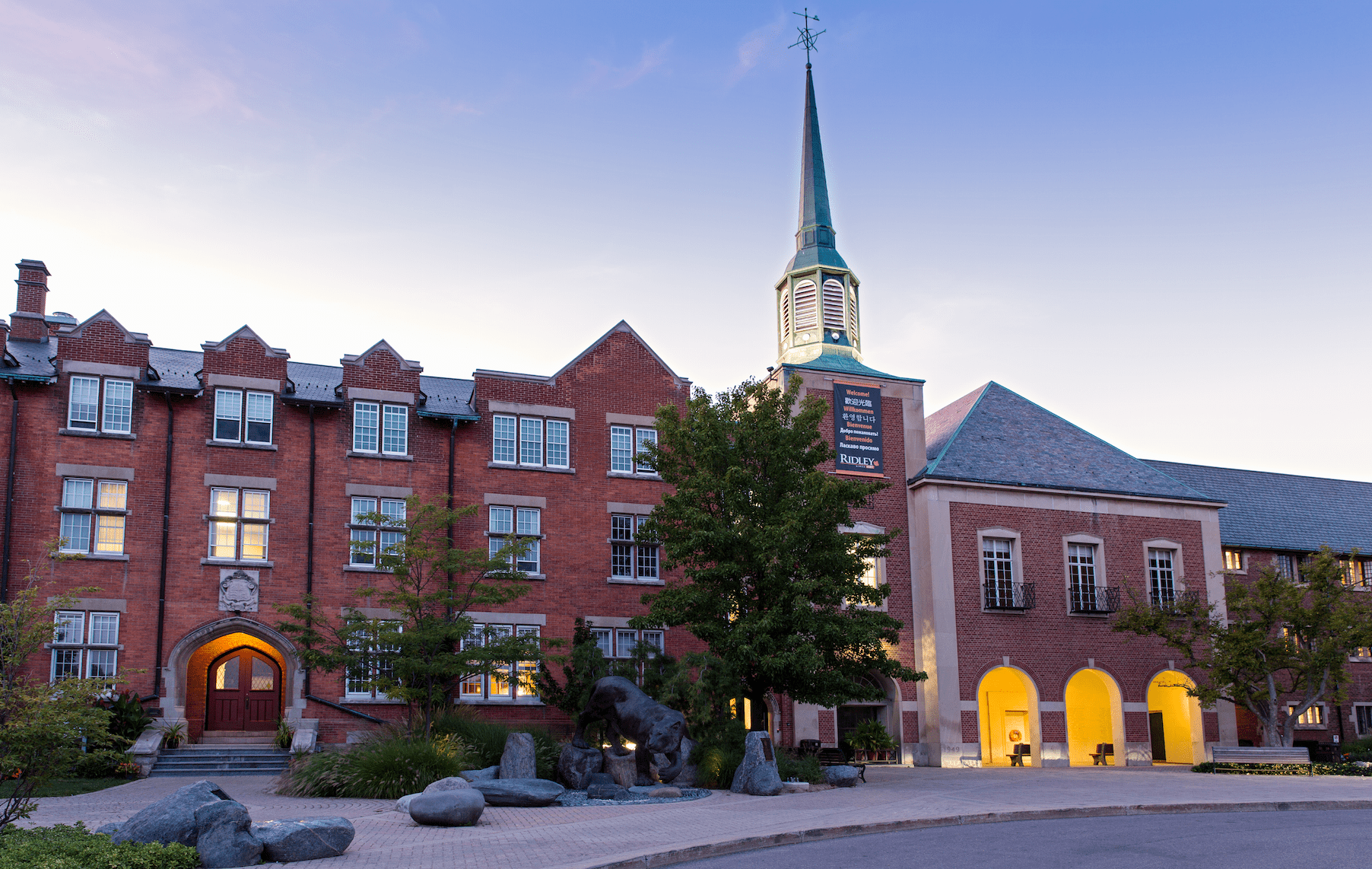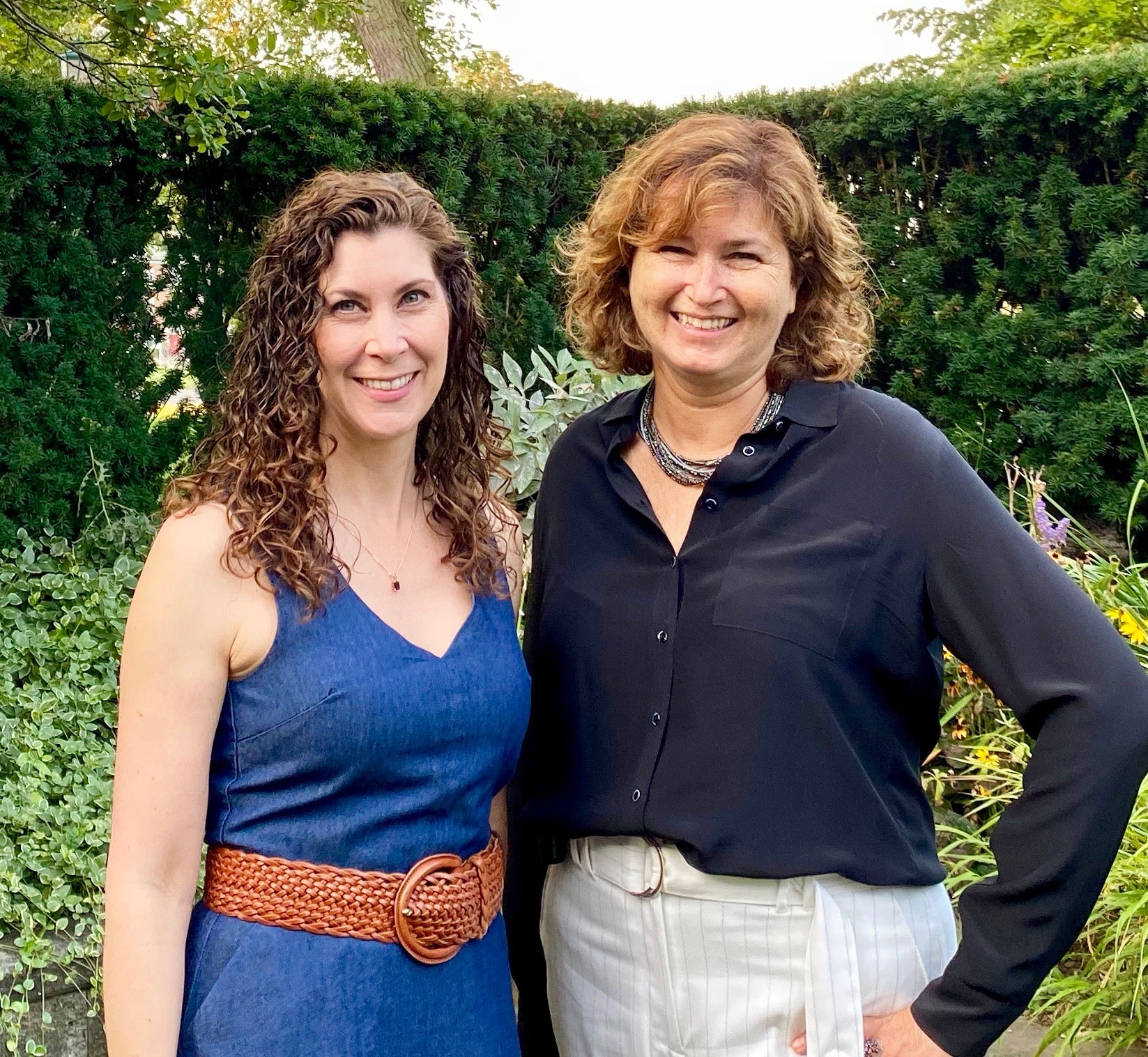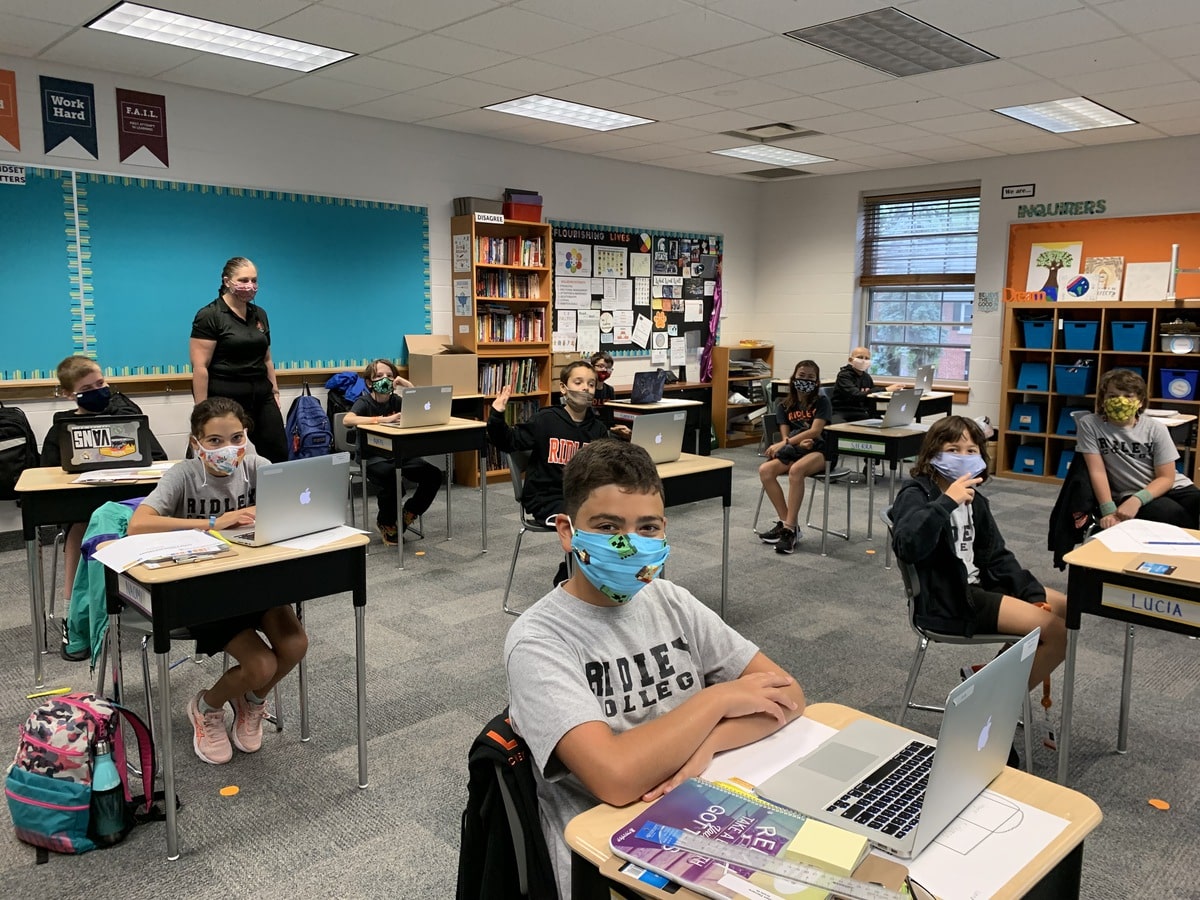For over 130 years, Ridley College has cultivated a culture of academic excellence that is recognized worldwide. In 2012, Ridley became the very first Visible Well-Being Foundation School when they adopted the principle created by Dr. Lee Waters. Every aspect of the curriculum is created to “inspire flourishing lives,” which teaches the students to prioritize their well-being and show up for themselves and their communities.

The conversation around mental, physical, and emotional well-being is ongoing amongst students, teachers, and staff. Ridley’s approach to flourishing lives provides students with the tools they need to find the wellness practices that best speak to them. With the intention of wellness at the forefront of the curriculum, Ridley College creates a generation of present, grateful, and self-aware individuals. OnSide Media spoke to Sue Easton, Director of Wellbeing and Learning, to learn more about what it means to be a Visible Well-Being Foundation School and how that has impacted the students for the better.
How did the pandemic affect the boarding school structure? How did Ridley pivot during the lockdown?
The lockdown happened right after March break. Some students went away for a holiday, but many of our students come from 67 different countries. We went remote right away. When we returned to school in August, students quarantined for two weeks on campus; then, we held classes. For students who could not arrive within those two weeks, we worked with families to provide homestays and hotel options to quarantine close to campus.
So when those students returned to school, they were wholly quarantined and COVID-free. We have not had a single case amongst our student body. We have a health care center on campus, and they worked with the Niagara Health Unit. Their guidance helped us enforce all of the necessary precautions, such as social distancing, wearing masks, and sanitizing desks between classes.

Ridley College was established in 1889 when information on mental health was extremely scarce. When did Ridley become the first Visible Well-being Foundation School?
Ridley became the first Visible Well-being Foundation School in 2012. It came out of a strategic plan that inspired a new vision statement to inspire flourishing lives to transform the globe. Everything, including my job, revolves around that. The school immediately decided to work with Dr. Lee Waters, who was the person who created the Visible Well-Being Movement, so we became a Visible Well-Being School. All of our teachers and staff have been trained to learn it, live it, and lead this movement to improve well-being and to flourish. The goal is to nurture not only our community but the surrounding communities as well.

What are the initiatives that you implement into the program? How do you make sure that every student is looked after?
Flourishing Lives is the lens we make decisions through every day. It is embedded in our classes. At the beginning of classes, during lessons, motivational speeches, and learning the difference of negative bias. We also teach a course called Flourishing 101. However, just teaching this principle is only half of the work. Ridley also offers a Physical Literacy program. During the lockdown, we have been offering remote exercises through the fitness program called SWORK IT.
Ridley College encourages students to make their well-being a priority, and we apply the value of flourishing into their extracurricular activities. The students lead and participate in the Wellness Club and the Flourishing council, where they create activities and events based on wellness outside of their studies. It is very important that the students are actively in service of each other and in their communities. The research we’ve done shows that being in service is equally beneficial for the person providing the service.

As the faculty, we promote meditation, mindfulness, and a healthy diet. We teach our students the strategies so that they can choose the practices that speak to them. One of our students began a yoga practice that he does before his classes in the morning. Our students are also mindful of taking time away from their screens at the end of the day. It is essential for staff to have measurement tools. We use the Flourish DX to conduct a survey every six weeks to evaluate the Flourish Program’s impact. The results provide insight to both students and teachers of Ridley College. The last test took place in December, and the results reflected a strengthening in the community. Exercise, relationships, and engagement of students have also improved.

How has the Flourish Program impacted the relationship between the student and teacher?
The relationship between the students and teachers has improved tremendously, and gratitude has a significant role in that positive shift. The students took a character strength test to see which of their characteristics were the strongest. Gratitude is amongst the top 24 most vital character traits, and this is reflected in the relationships the students have with their teachers. This is kind of like a chicken-egg type of question.
Did the students become grateful after we adopted this program in 2012? Or were the students grateful before but now have the tools to express it? I’m not sure which one came first, but it is evident that the students are truly grateful for all of their experiences at Ridley.

With more studies surrounding mental health, how have you adjusted your initiatives over the years?
At Ridley College, it is not solely about the studies that take place outside of our campus. Every day, every decision and activity is planned thinking about “how can we inspire flourishing lives?”. The studies haven’t changed what we are doing. The plan we follow has affirmed and reinforced what we are doing.
Kids are struggling with social media, social comparison. Now they are struggling with the pandemic and feeling disassociated from other kids. So, we have doubled down on standing by this value. We need to continue what we are doing.
For more information on Ridley College and its initiatives surrounding the well-being of their students, visit https://www.ridleycollege.com/






